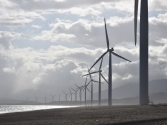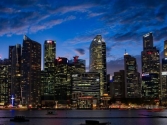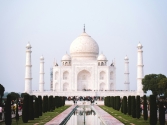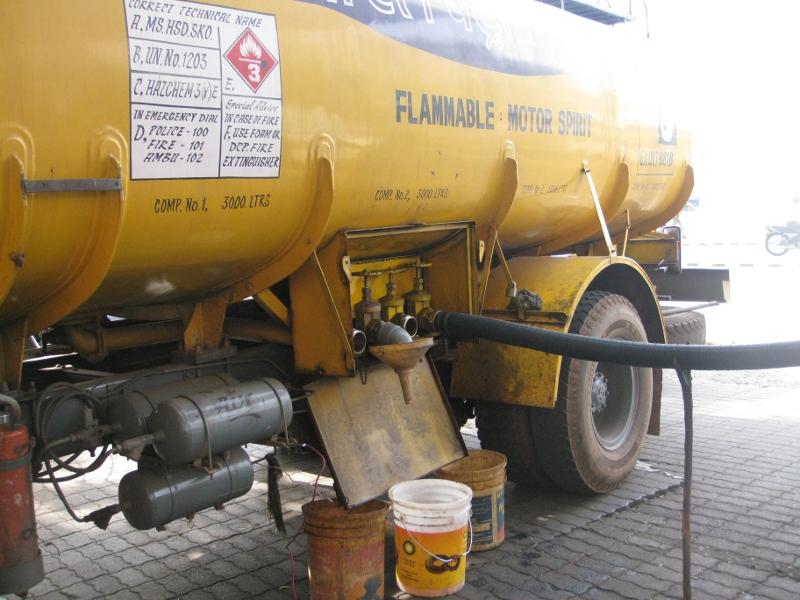
Here are 3 impacts of India's 12% diesel price hike
Coupled with food inflation and rising global commodity prices, this move would push inflation above 8%.
According to Nomura, after months of delay, the government finally hiked diesel prices by INR 5/litre (12%), while leaving prices of petrol, liquid petroleum gas (LPG) and kerosene unchanged. Supply of subsidised LPG gas cylinders has been restricted to 6 cylinders per consumer per annum, beyond which consumers will have to purchase at market prices.
Here's more from Nomura:
Impact on inflation: The direct impact of today‟s diesel price hike will be around 65bp on WPI inflation. With transportation costs likely to rise due to the cascading impact of higher diesel prices, we estimate the combined direct and indirect impact at around 100bp. WPI inflation for LPG will also rise.
The exact methodology is still unclear, but in our view, WPI for LPG cylinder will now be an average of subsidised and market prices. Assuming that two-thirds of the total cylinders will be supplied at subsidized rate, the direct impact of today‟s LPG price hike will be 20-30bp on WPI inflation.
Therefore, the combined direct impact of the diesel and LPG prices will be 85-95bp on headline WPI, and roughly 120-130bp including the indirect impact. We expect higher fuel prices, pressure on food inflation and rising global commodity prices to push headline WPI inflation above 8% by end 2012.
Impact on fiscal deficit: The fuel price hikes are miniscule compared to the massive losses (called under-recoveries) suffered by the state owned oil marketing companies (OMCs) selling these fuels at subsidised prices. Total under-recovery will reduce by INR203bn to a still-elevated INR1670bn post the price hikes.
Further, assuming 50% of under-recoveries are borne by the central government as has been the past history, we estimate that total fiscal savings on account of today‟s fuel price hike will be just 10bp. As such, we remain comfortable with our projection of the government‟s fiscal deficit at 5.8% of GDP in FY13 versus the budget estimate of 5.1% of GDP.
Impact on monetary policy: From a medium-term perspective, the hike in fuel prices is a positive move, but we don‟t see this as a game changer. Post the "token‟ fuel price hike, the pressure on the RBI to cut rates on 17th September will rise. However, we would warn against premature easing.
Given political pressures, a partial rollback of the fuel price hike can‟t be ruled out. Moreover, the uptick in WPI inflation we anticipate is broad-based due to higher food and core inflation, and not just due to the fuel price hike. While the RBI will choose to look through the one-off impact of today‟s fuel price hike, we don‟t see today‟s hike as a reason for the RBI to start cutting rates given the indirect impact of a diesel price hike.
Global commodity prices are on a rise again and will start adding to input cost pressures in the coming months. With repo rates already at 8% and WPI inflation inching towards 8%, we don‟t see much scope for the RBI to cut rates at this stage, despite today‟s fuel price hike.



















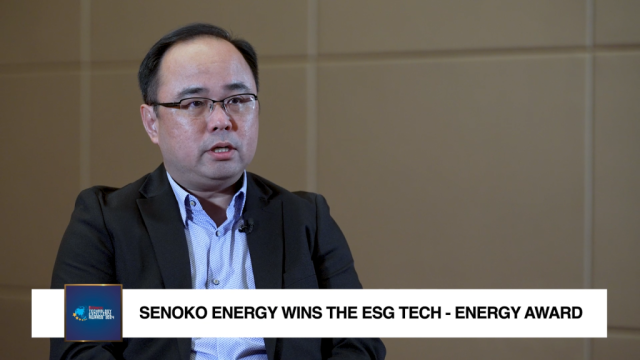




 Advertise
Advertise

